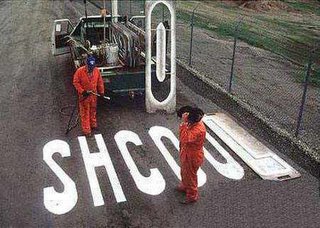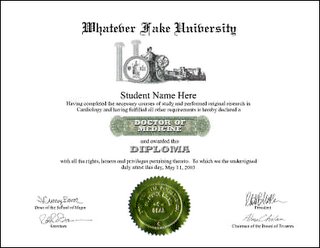Immigrant Economic Engines and Late Night Comedy
…On evening comedy television in “America” immigrants are threats to “our” jobs and “our” security or they are ignorant indios who can’t speak proper English. On primetime and late night comedy Mexicans are pariahs and not the people who oil the U.S. economic machine…
…Since the 1980s the service industry in the U.S. has grown reaping tremendous profits from workers born in other countries. Foreign-born workers serve citizen interests as cooks, servers, and busboys in all types of restaurants. Day laborers assist homeowners trying to make repairs or improvements to their homes and yards. Homes, office buildings, and college campus buildings are built by the same immigrants who comedians call ignorant or dangerous…Let’s not also forget that the immigrant presence provides jobs for lawyers, doctors, and agents of the U.S. Immigration and Customs Enforcement. Thousands of ‘citizens’ rely either directly (e.g., border patrol agents) or indirectly on immigrants for their paychecks…
…Many essays in the book, Immigrants Out! (Juan F. Perea, editor), point to the similarities of periods of increased nativism in U.S. history. Clearly, older racist rhetoric plays an important role. Well-established stereotypes contribute to seeing immigrants as Others to be disdained. However, racism seems to be a divide and conquer tactic within in a larger strategy that pits capital and greedy capitalists against workers…
…We have few opportunities to understand the importance of Mexican and other immigrants to our society. Rarely, do we get an opportunity to ask “what if there were no Mexicans in the United States?”
From The Anti-Immigrant Impulse in U.S. Comedy
Also
A Day Without a Mexican
Immigrants Out!: The New Nativism and the Anti-Immigrant Impulse in the United States
…Since the 1980s the service industry in the U.S. has grown reaping tremendous profits from workers born in other countries. Foreign-born workers serve citizen interests as cooks, servers, and busboys in all types of restaurants. Day laborers assist homeowners trying to make repairs or improvements to their homes and yards. Homes, office buildings, and college campus buildings are built by the same immigrants who comedians call ignorant or dangerous…Let’s not also forget that the immigrant presence provides jobs for lawyers, doctors, and agents of the U.S. Immigration and Customs Enforcement. Thousands of ‘citizens’ rely either directly (e.g., border patrol agents) or indirectly on immigrants for their paychecks…
…Many essays in the book, Immigrants Out! (Juan F. Perea, editor), point to the similarities of periods of increased nativism in U.S. history. Clearly, older racist rhetoric plays an important role. Well-established stereotypes contribute to seeing immigrants as Others to be disdained. However, racism seems to be a divide and conquer tactic within in a larger strategy that pits capital and greedy capitalists against workers…
…We have few opportunities to understand the importance of Mexican and other immigrants to our society. Rarely, do we get an opportunity to ask “what if there were no Mexicans in the United States?”
From The Anti-Immigrant Impulse in U.S. Comedy
Also
A Day Without a Mexican
Immigrants Out!: The New Nativism and the Anti-Immigrant Impulse in the United States







